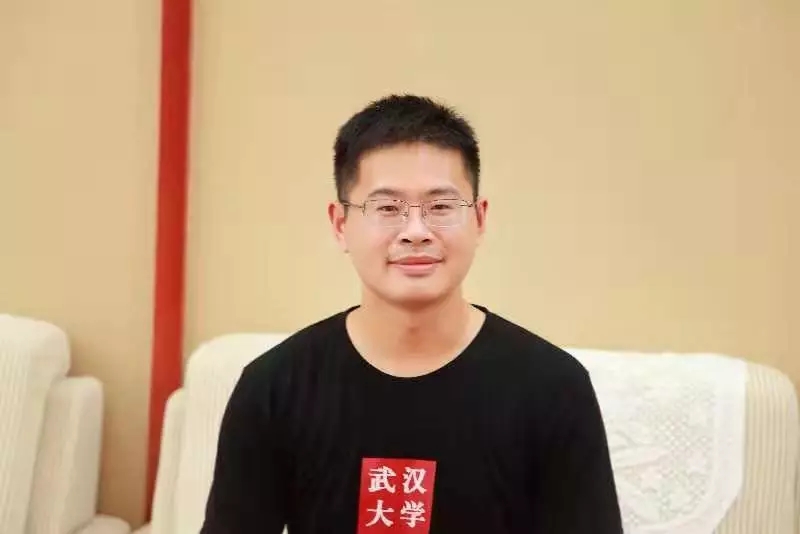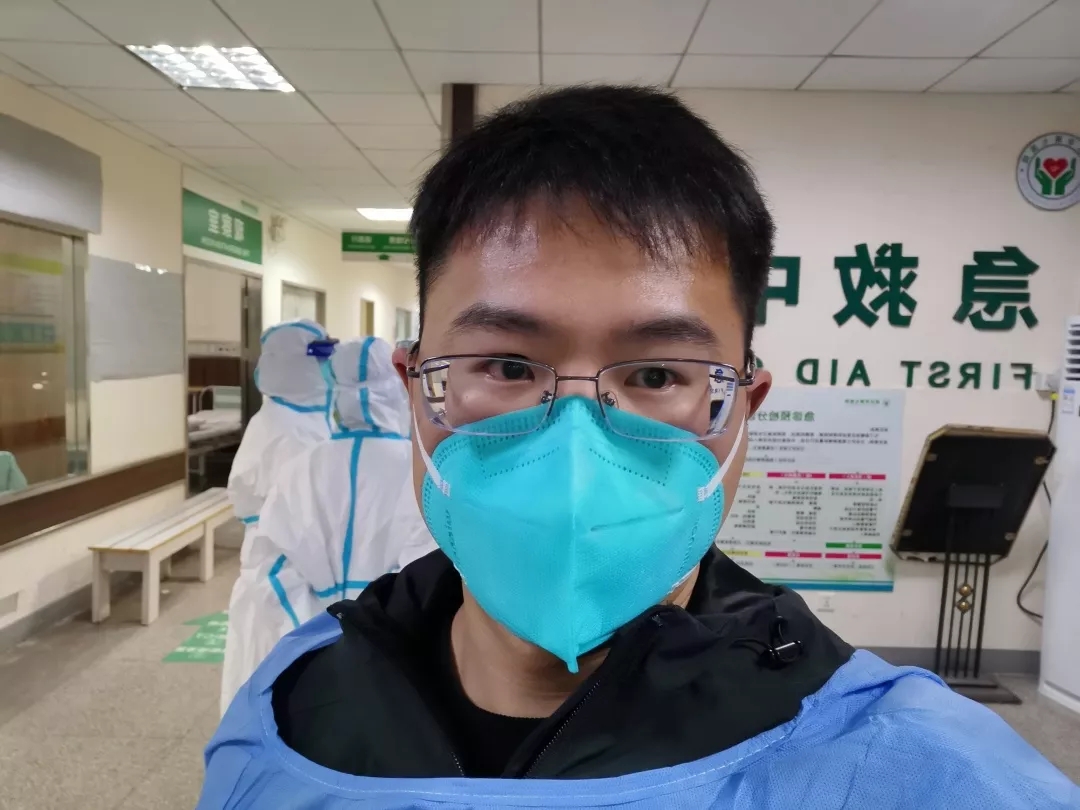Translated by: Wu Xia
Interviewed: U ndergraduate Students Instructor, Second Clinical School, Wuhan University
Background:
The fight against the new coronavirus infection has been in full swing throughout the country. Wuhan, as the main battlefield against the epidemic, has always moved the hearts of hundreds of millions of people. Zhongnan Hospital assisted Wuhan No. 7 Hospital to diagnose, treat and prevent the epidemic.
Recently, the Student Affairs Department of the Party Committee of Wuhan University contacted Huang Huanglei, a student counselor of the Second Clinical Medical School, who served as the deputy leader of the Comprehensive Coordination Group of the Seventh Hospital of Wuhan after the epidemic.
Tell us about the current admission situation of Wuhan No. 7 Hospital.
In recent days, the daily outpatient volume of No. 7 Hospital has remained at about 800, and the number of inpatients has been around 200. As the number of designated hospitals has increased, the outpatient pressure of No. 7 Hospital has eased, but a large number of patients are still waiting for nucleic acid testing and hospitalization. The epidemic has progressed rapidly, with the prevention and control work slowly transitioning from the initial disorder and extensiveness to the current order and norms. I feel that the changes in the seven hospitals are like a microcosm of the development of the epidemic and new concerns. And hope coexist. In order to overcome the difficulties, Zhongnan Hospital has sent more than 120 medical staff to support No. 7 Hospital. We are also lucky to receive reinforcements from the Central General Hospital and the Hebei Province Medical Volunteer Team. Behind the front-line clinical comrades, there are caring people who reached from thousands of miles to donate materials. We have been racing against the clock to gather strength. As we race against time, let us look forward to the "turning point" to occur as soon as possible.
What do you do in No. 7 Hospital?
I came to No.7 Hospital to support the prevention and control work on the afternoon of the 22nd. Here I mainly do the work of organization and coordination, logistical support and donation liaison. In just over ten days of fighting side by side, we have overcome great difficulties, and felt the great responsibility. I was particularly impressed that before the hospital clinic was opened, the people seeking medical treatment queued 200 meters from the outpatient clinic and lined up to the street. After the opening at 10 pm, the medical staff worked at the clinic overnight, and treated hundreds of patients. This intensive work situation has continued to the present day. Many doctors and nurses often return to their homes at 2 or 3 am after a busy day. After a 3 or 4 hours break, they continue to fight in the next day. In the beginning, the protective materials were often used up. To save money, the medical staff in the ward often do not eat, drink or go to the toilet for a long time. Looking at their bloodshot eyes after work, I feel a great responsibility to redouble my efforts to make my comrades eat enough, sleep well, and have a fully equipped battlefield.
What was your original intention when you gave up your holiday and joined the battle to stop the pneumonia epidemic?
My postgraduate major is emergency medicine, so I am particularly honored to be temporarily on the frontline of the "War Epidemic". I think this work experience will be very helpful for the ideological and political guidance of medical students in the future. Cultivate medical students' medical feelings through more realistic scenes and stories. For students guidance work during the winter vacation, on the one hand, I need to do a good job of gathering statistics on the numbers of students leaving and staying in school, and timely inform students of the school's arrangements for returning to school, etc.. I am paying attention to the physical conditions, living conditions and ideological trends of the students staying on campus every day. On the other hand, I guide students to actively do scientific propaganda and protection of individuals, relatives and friends, to rationally view public opinion and epidemic progress, not to make rumors, not to believe rumors, not to spread rumors, and to believe in social power. In the aspect of professional development, I urge students to understand the key measures for disease prevention and control while paying attention to current events, to learn about the diagnosis and treatment of pneumonia, and preparing for better response to similar epidemics in clinical positions in the future.
By participating in the fight against the epidemic, what are your expectations and messages for the medical students?
First of all, I would like to thank the students and graduates of the Second Clinical College. Some of them offered to support the front line, some stayed at the school to participate in voluntary work, and some actively contacted for the donation of materials. Many students also asked me to take more rest and take care. Some offered a big meal after the battle is won. Other students came to the office and listened to different real stories. I deeply felt the caring of my classmates, and I was very encouraged. .
I would like to say, "As a medical worker, you must have a responsibility at a critical juncture, and you must have solid basic skills. You must learn not only the skills but also the will and character. It is important to believe in scientific protection and be prepared for the front line. To fight when the country needs us, to win the battle when the people needs us, to grow in the war of epidemic, and achieve victory in perseverance!”


